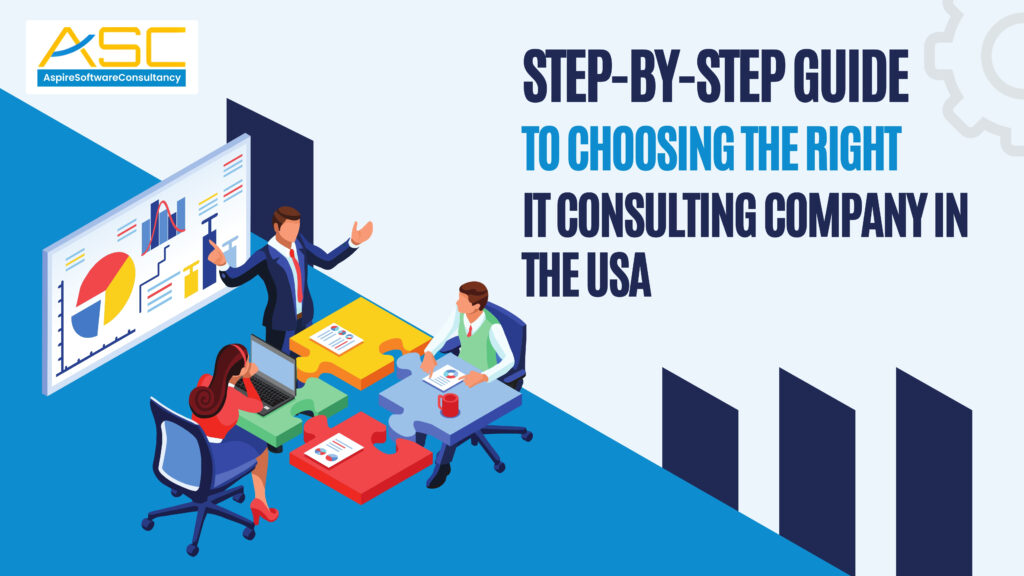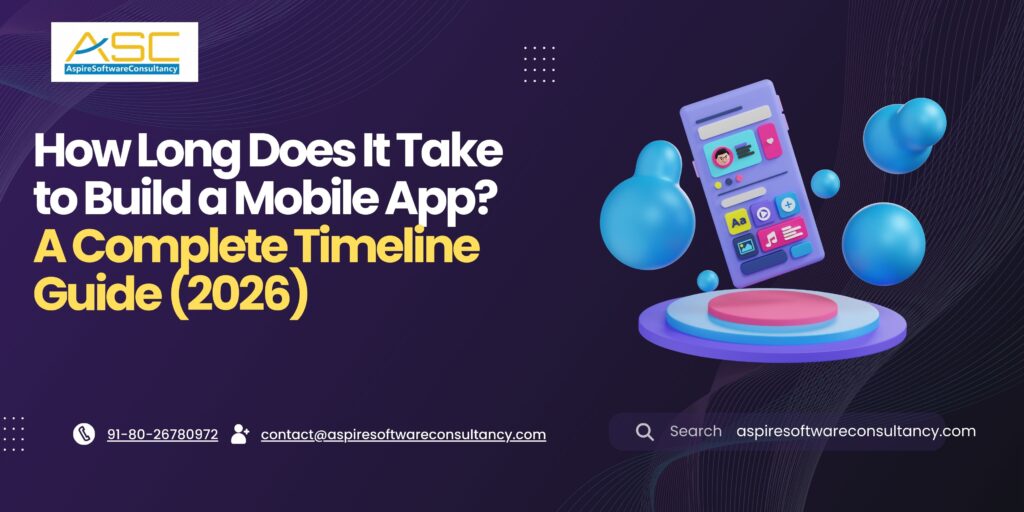Introduction:
In today’s rapidly evolving digital landscape, the agility and scalability of software systems are paramount for any software development company aiming to stay competitive and responsive to market demands. This is where the microservices architecture, a design approach that structures an application as a collection of loosely coupled services, shines. By adopting this architectural style, organizations can enhance their development processes, improve scalability, and expedite the deployment of new features.
What Are Microservices?
Microservices architecture breaks down a large software application into multiple independent services that communicate over well-defined APIs. Unlike traditional monolithic architectures where all components are intertwined and deployed as a single entity, microservices are developed, deployed, and managed independently. Each service in a microservices architecture is focused on completing one specific task and does an excellent job at it, which aligns perfectly with the principle of single responsibility.
Benefits for Software Development Companies
-
- Enhanced Scalability:By decomposing an application into smaller components, software development companies can scale up or down specific areas of the application as needed without impacting the entire system. This targeted scalability is particularly beneficial for handling varying loads and can lead to more cost-effective use of resources.
- Agility and Speed:Microservices allow development teams to work on different services independently and in parallel, significantly accelerating the development lifecycle. Changes and updates can be deployed for specific services without the need for redeploying the entire application, facilitating continuous delivery and integration practices.
- Improved Fault Isolation:In a microservices architecture, issues in one service do not necessarily compromise the entire application’s stability. This isolation helps ensure that a failure in one area doesn’t lead to a system-wide outage, improving overall system resilience.
- Technology Diversity:Microservices enable teams to use the best technology stack for the specific functionality they are developing. This flexibility allows for the adoption of new technologies and makes it easier to update or replace individual components without affecting the rest of the system.
Implementing Microservices in Your Organization
Transitioning to a microservices architecture requires a strategic approach and an understanding of the associated complexities. Here are some key considerations for software development companies looking to adopt microservices:
-
-
- Define Clear Boundaries:Identifying the right service boundaries is crucial for the success of a microservices architecture. Each service should have a clearly defined scope and responsibility.
- Cultivate a DevOps Culture:Effective implementation of microservices requires strong collaboration between development and operations teams. Embracing a DevOps culture can facilitate smoother deployment processes, monitoring, and maintenance.
- Invest in Automation:Automating testing, deployment, and monitoring processes can significantly enhance the efficiency and reliability of microservices-based systems.
- Monitor and Maintain:Continuous monitoring of individual microservices is essential to detect and address issues promptly. Efficient logging, tracking, and performance metrics are vital components of a robust microservices architecture.
-
Conclusion:
For any software development company, adopting microservices architecture offers a pathway to building more resilient, scalable, and agile software systems. While the transition involves careful planning and execution, the benefits of enhanced scalability, improved resilience, and faster time-to-market make it a compelling choice for organizations aiming to thrive in the digital age. By understanding and leveraging the principles of microservices, companies can position themselves as leaders in the creation of modern, efficient, and adaptable software solutions. Aspire Software Consultancy recognizes the importance of microservices in enabling businesses to achieve these goals and stands ready to assist organizations in their journey towards architectural transformation.







